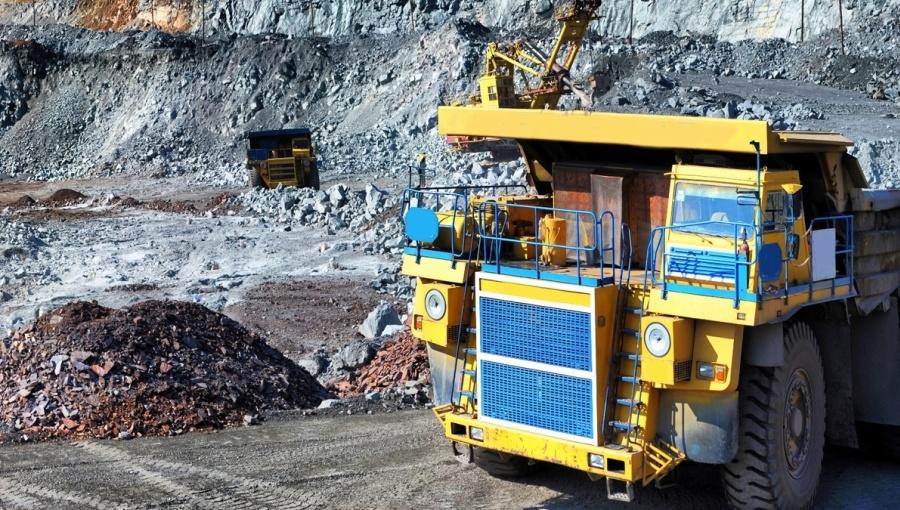
The United States is voicing strong interest in Central Asia’s critical minerals, but China is taking more decisive steps to secure them. This growing gap is raising concerns about America’s ability to compete in a region rich in resources essential to modern technology and national security.
During her Senate confirmation hearing, Julie Stufft, nominated as the next US ambassador to Kazakhstan, stressed that almost half of the minerals deemed vital by the US Geological Survey are found in Kazakhstan. She said her priorities would include attracting US investment into the sector and countering China’s influence.
Her remarks echo repeated statements from US Secretary of State Marco Rubio and other officials since Donald Trump returned to the presidency in January. Central Asian nations, eager to diversify trade and reduce reliance on China, have shown interest in US involvement. However, some regional officials quietly note that American promises have not been followed by significant action.
China, in contrast, is making tangible moves. On August 6, state-owned China National Gold Group signed a deal with Uzbekistan’s Ministry of Mining and Geology to cooperate in exploring and developing precious metals and critical minerals. The agreement also covers joint mining ventures, production of high-value products, technology transfers, training, and financing.
In late July, the Association of Chinese Entrepreneurs in Uzbekistan proposed a $500 million fund to develop “green minerals,” with joint research, environmental standards, and training included in the plan. Around the same time, Uzbek officials expressed interest in a Chinese-backed metallurgical industrial park near Tashkent, with talks underway to finalize terms.
China is also expanding into other high-growth sectors in Central Asia. On July 24, Uzbekistan’s Ministry of Energy signed an agreement with Shanghai Linkwise Data Intelligence to build a 300-megawatt data center in Bukhara, underscoring China’s broader economic footprint.
Some US analysts warn that even with increased engagement, America may struggle to match China’s pace. An April Atlantic Council analysis highlighted significant challenges, including infrastructure limitations, governance issues, and complex regional geopolitics. It emphasized that developing the Middle Corridor — a key transit route — is essential for any meaningful US trade in the sector.
Currently, the corridor lacks the capacity and cost efficiency to serve US needs, with some studies estimating €18.5 billion is required to make it commercially viable. Without these upgrades, experts say, American businesses face both financial and geopolitical risks in the region’s minerals race.
Business
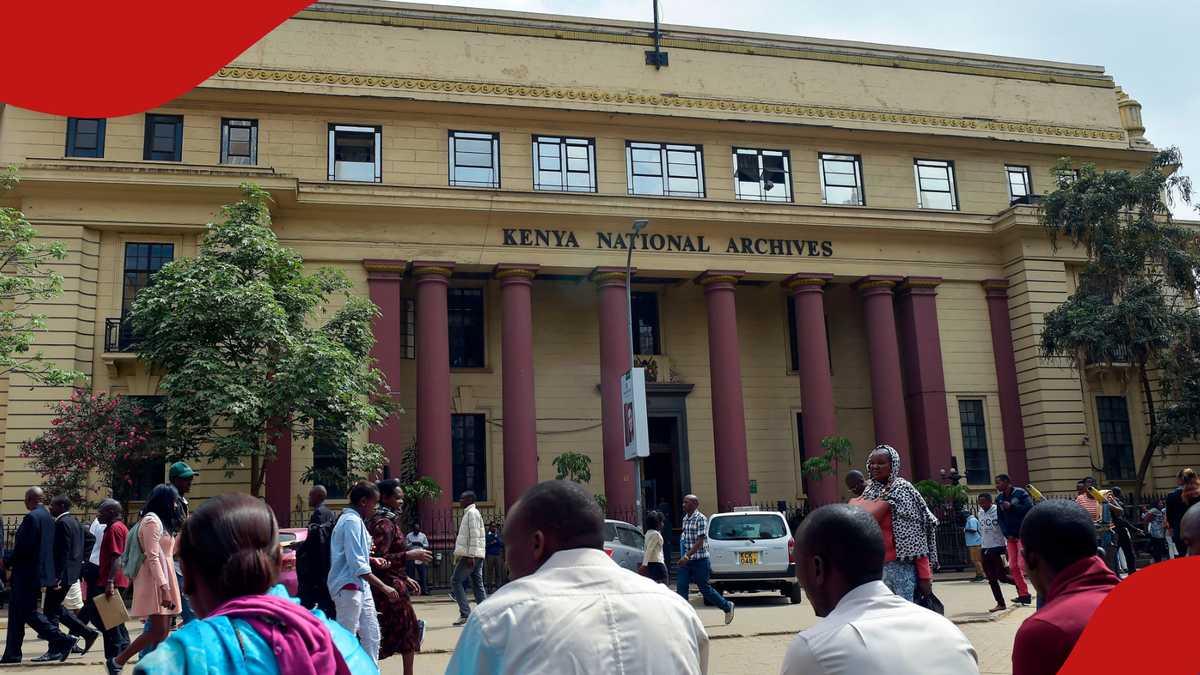
Kenya to Relocate National Archives From Nairobi CBD for Safety
For decades, the Kenya National Archives has stood at the heart of Nairobi, serving both as a heritage hub and one of the city’s most familiar landmarks.

Cracker Barrel Stock Plunges Nearly $200M After Logo Redesign
Cracker Barrel lost almost $200 million in market value Thursday after its stock price plunged following the release of a redesigned company logo.

KCB Group Declares Record Interim and First Special Dividend
KCB Group PLC has announced a strong half-year performance for 2025, posting a net profit of Ksh 32.3 billion, an 8% increase from Ksh 29.9 billion in the same period last year.

Fuel and Food Price Hikes Push Kenya’s Inflation to 4.1%
Kenya’s inflation rate rose to 4.1 percent in July 2025, largely due to the rising costs of fuel and food.
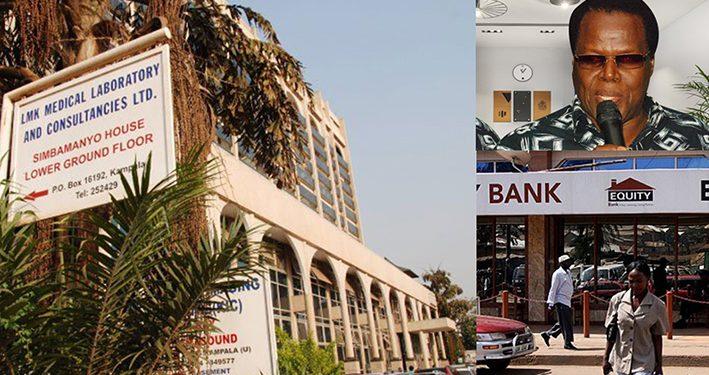
High Court Confirms Legal Sale of Simbamanyo Properties in Loan Row
The High Court in Kampala has ruled that the sale of Simbamanyo Estates’ two prime properties was lawful, ending a lengthy legal battle over a $10 million loan dispute involving Equity Bank and the estate of the late Peter Kamya.
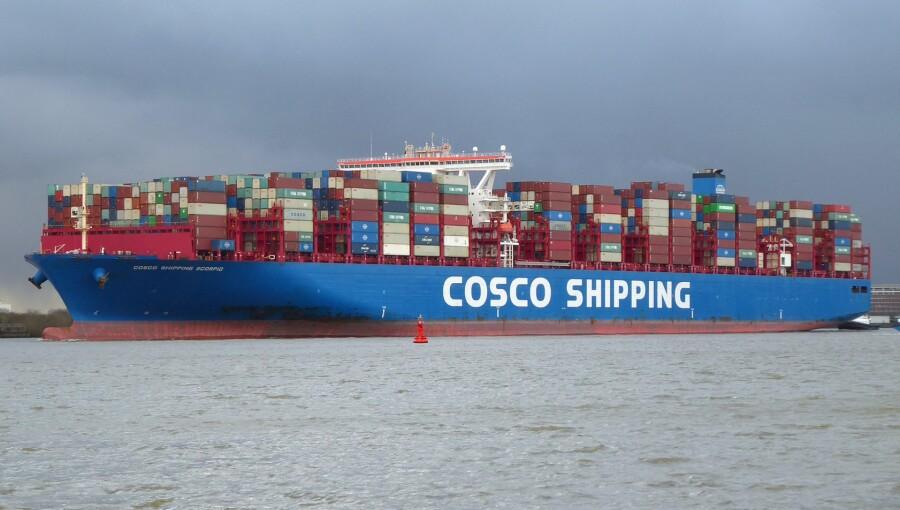
China’s COSCO Eyes Stake in $23B Panama Ports Deal Shift
China’s state-owned shipping giant COSCO is pushing to join a major $23 billion deal to acquire port assets owned by Hong Kong-based CK Hutchison, including key terminals on both sides of the Panama Canal.
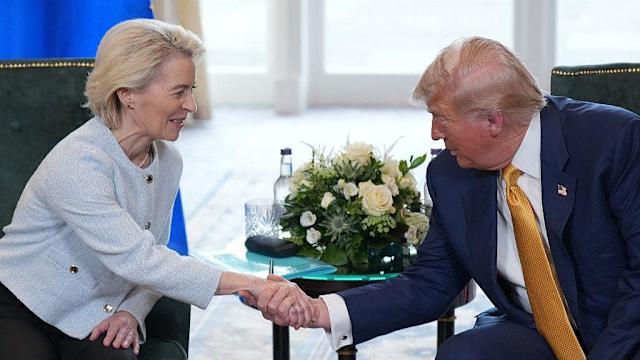
US and EU Reach Major Trade Deal with 15% Tariff Agreement
The United States and the European Union have reached a major trade agreement, ending months of tense negotiations between two of the world’s largest economic powers.